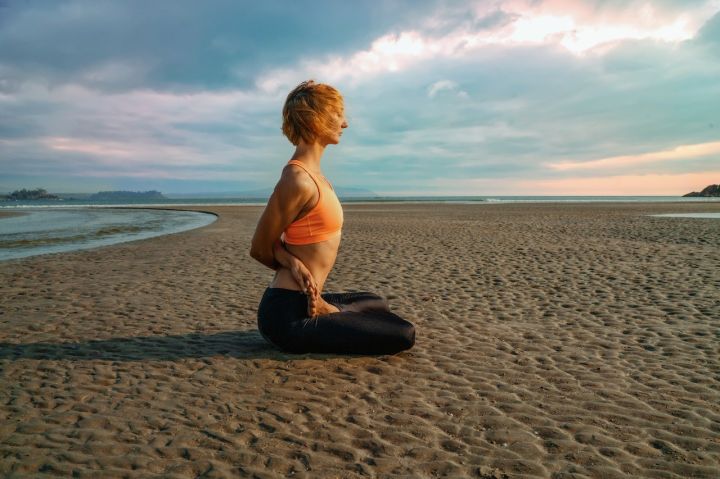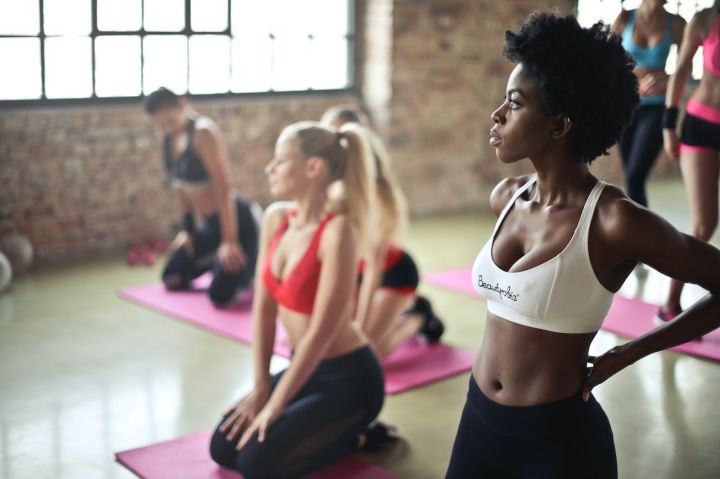C-iayt yoga healer caren baginski has collected the reasons why people don't want to practice restorative yoga over the years, and she finds that in a western yoga practice culture that places special emphasis on "Results", "Sweat" And "Physical fitness "In a western culture of yoga asana practice where 'results', 'sweat' and 'fitness' are particularly valued, restorative yoga amounts to a reversal of this script, as restorative yoga uses aids to comfortably support the body, is not actively stretched, and is usually practised in a warm, quiet and dark space and held in a resting position for a period of time (5-20 minutes).

Some people have difficulty keeping themselves in stillness and may have unwanted or intrusive thoughts or emotions in their minds and feel uncomfortable sitting still, hesitating to continue to 'lie down and do nothing' and believing that restorative yoga is a lack of physical exercise and is practised by beginners, silver-haired people or those who have difficulty with asana. The restorative yoga practice is a lack of physical exercise and is practised by beginners, those with silver hair or those who have difficulty with asana.
Restorative yoga is not only for beginners, the elderly, the sick or those who have difficulty actively practising yoga postures, it can open up new pathways to peace and even to a realm that is otherwise inaccessible, whether in a general yoga class or in a personal yoga healing session.
1: Restorative yoga is only suitable for beginners.

Restorative yoga creates space to connect with the mind without distraction, which is why i would never call it a "Beginners" Practice.
Practice. We know from patanjali's yoga sutras that the higher levels of practice are not about asana but about entering into a deeper inner state of self-exploration and silence. In practising restorative yoga you may encounter many fluctuating thoughts and learn to be aware of your thoughts in a relaxed state without being bound by them.
2: Restorative yoga is only suitable for older or injured people.

This misconception portrays restorative yoga as a purely physical practice that is only for people with limited physical abilities. It is a philosophical system that supports us to live in harmony with others, and those who seek to deepen their practice can do so through restorative yoga, which encourages the process by slowing down and going within.
3: Restorative yoga is only for those facing or suffering from illness.

Chronic stress can cause inflammation in the body, which can lead to illness. Restorative yoga helps to reduce stress by activating the parasympathetic response in the autonomic nervous system (i.e. Rest and digestion patterns). Symptoms arising from stress such as anxiety, depression, hypertension, fibromyalgia, chronic fatigue syndrome, gastrointestinal distress, chronic pain and headaches can be improved and restorative yoga can be considered as a stress management tool to prevent stress-related challenges. In addition, it may also help with sleep, and the first thing many participants answer after incorporating restorative yoga into their lives is to have better sleep.





